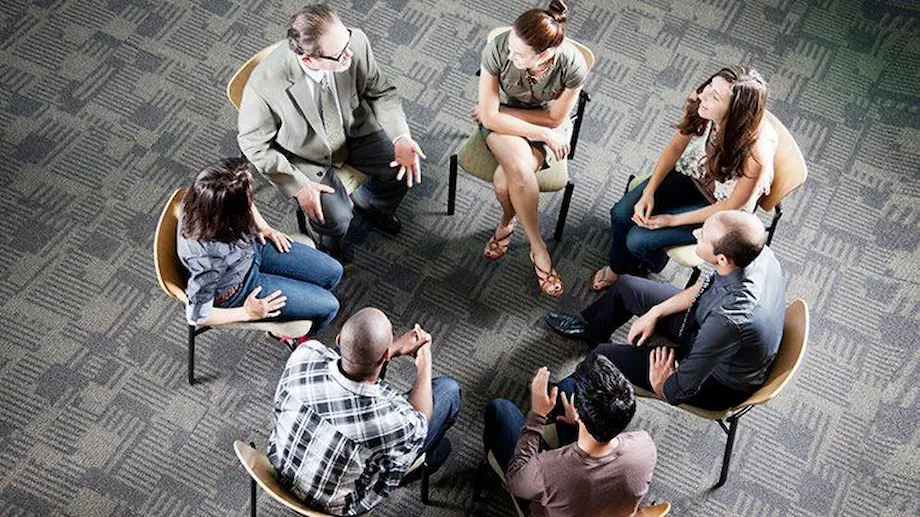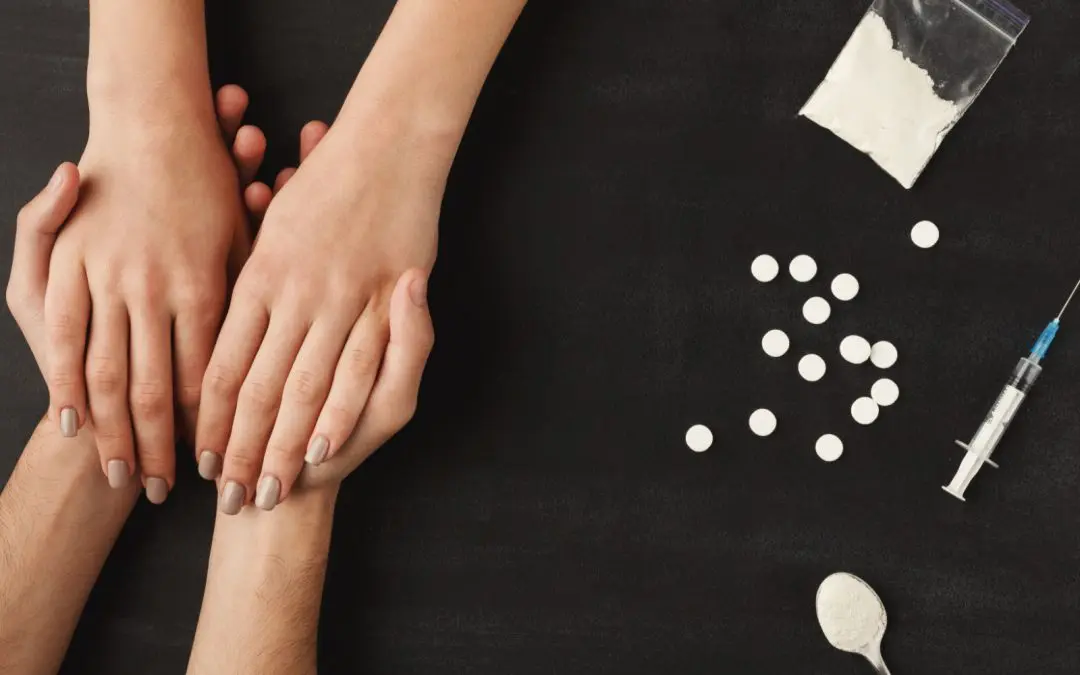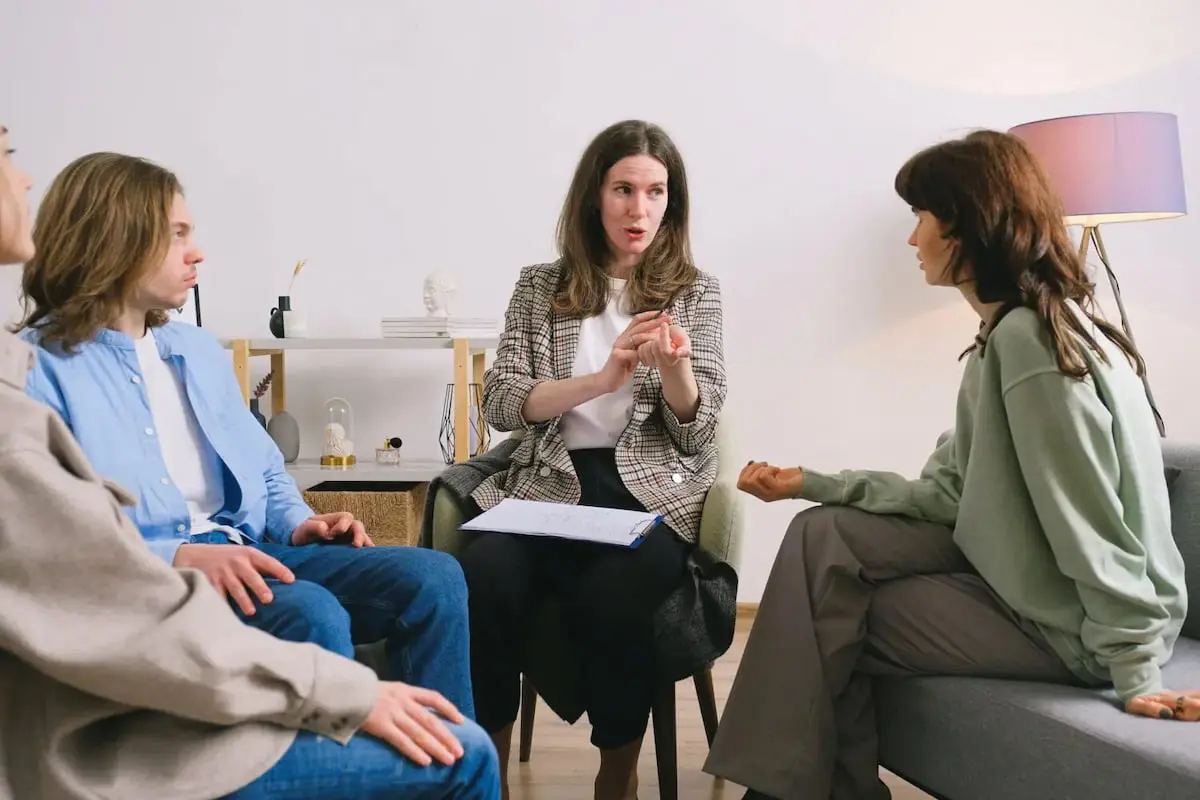24/7 Helpline:
(866) 899-221924/7 Helpline:
(866) 899-2219
Learn more about Medication-assisted Treatment centers in Clearwater County

Other Insurance Options

Private insurance

ComPsych

Cigna

Group Health Incorporated

AllWell

MVP Healthcare

UnitedHealth Group

Health Choice

Amerigroup

Kaiser Permanente

Regence

Optum

Magellan Health

Molina Healthcare

Sutter

Health Partners

CareFirst

Multiplan

Coventry Health Care

State Farm

Central Minnesota Mental Health Center
Central Minnesota Mental Health Center is a private rehab located in Elk River, Minnesota. Central M...

Riverplace Counseling Center
Riverplace Counseling Center is a private rehab located in Elk River, Minnesota. Riverplace Counseli...

New Beginnings – Elk River
New Beginnings is a state licensed, alcohol and drug treatment facility. The facility offers outpati...

Fairview Recovery
Fairview Recovery is a private rehab located in Elk River, Minnesota. Fairview Recovery specializes ...










A to Z Family Services – Orofino
A to Z Family Services – Orofino is a private rehab located in Orofino, Idaho. A to Z Family Service...

New Beginnings – Evening Outpatient
New Beginnings is a state licensed, alcohol and drug treatment facility. The facility offers outpati...

































